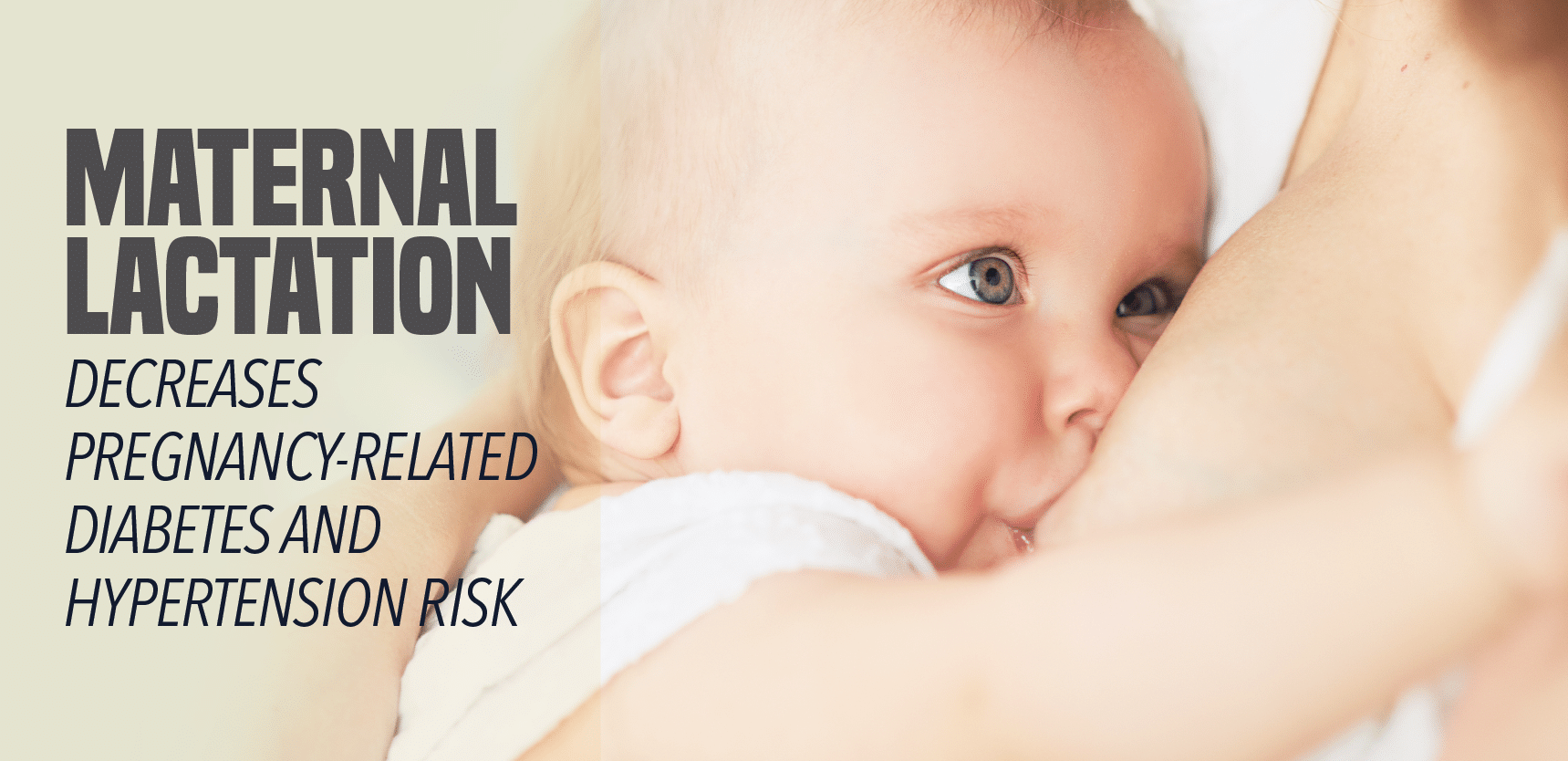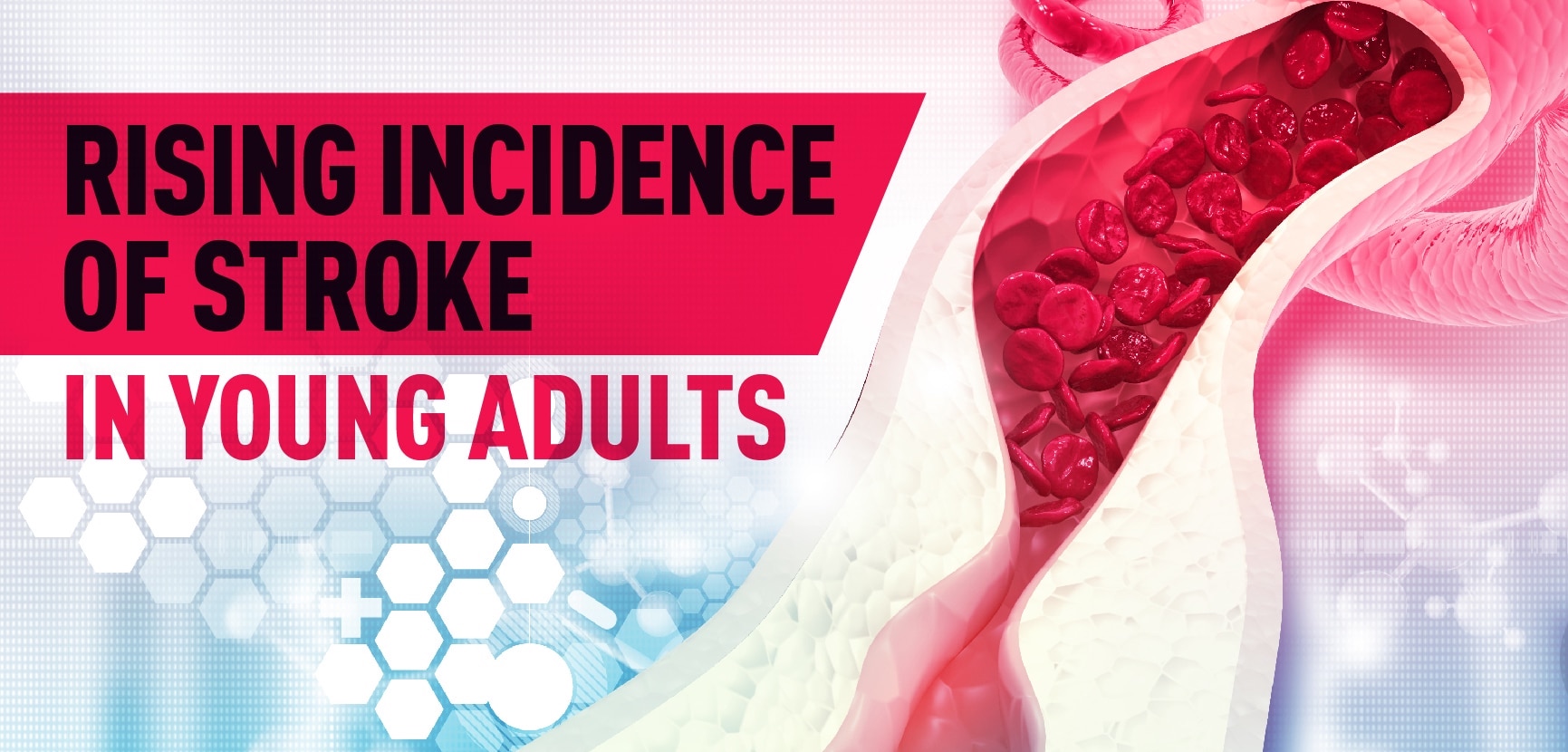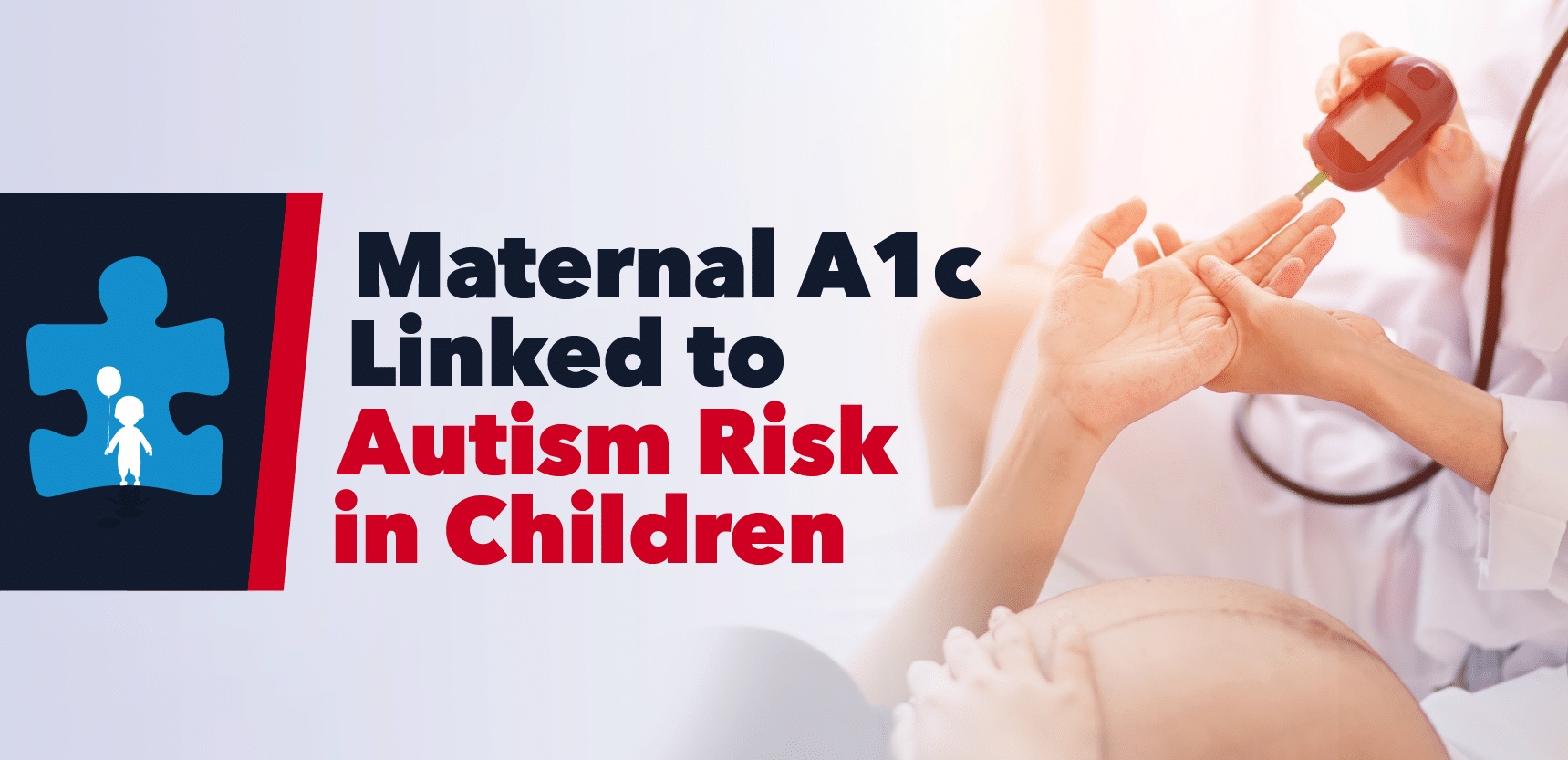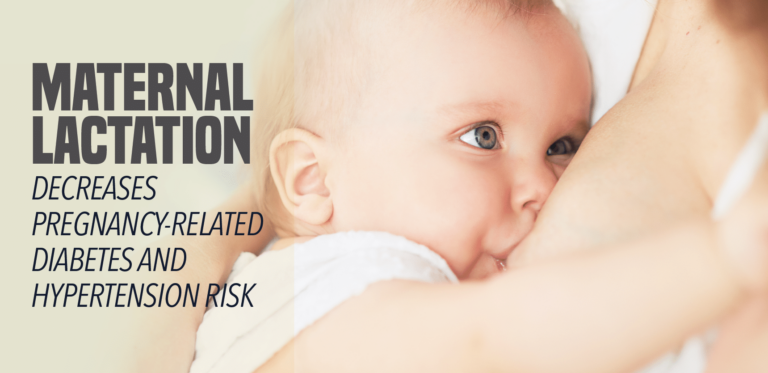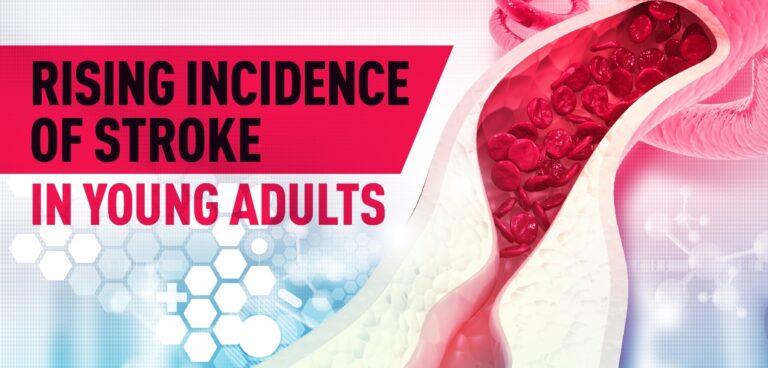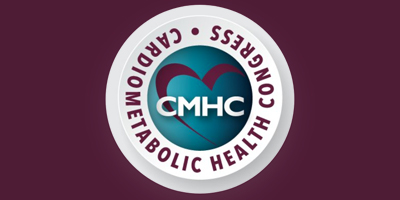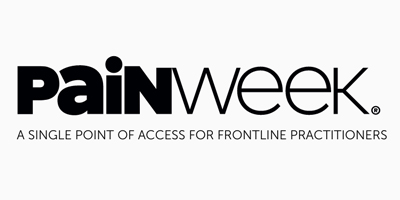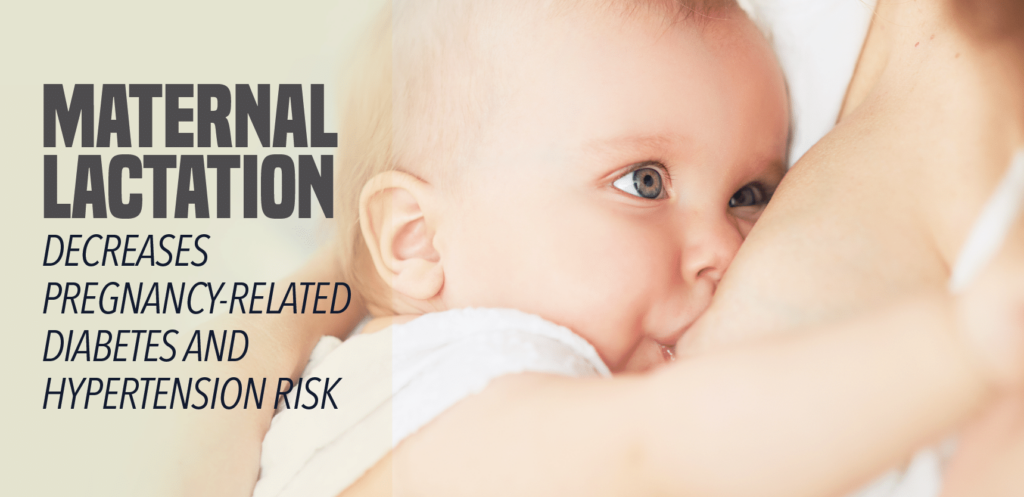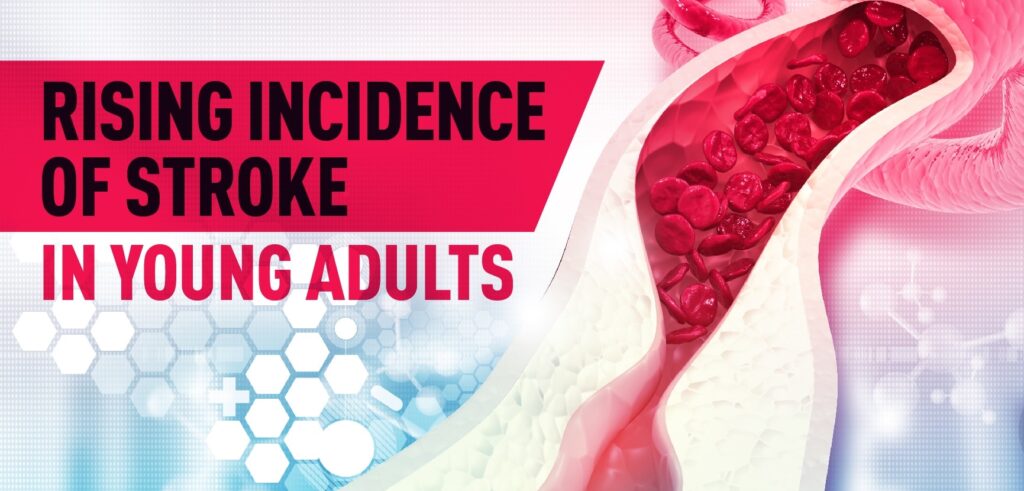School closures were seen as a key way to prevent the spread of coronavirus disease 2019 (COVID-19), but were there other methods that would have been more effective and less harmful?
The reasoning behind the widespread closure of schools was to slow or prevent the spread of coronavirus disease 2019 (COVID-19) during the pandemic. A number of reasons were given for why such closures were harmful, including lack of access to nutrition for children in need, the difficulties of effectively learning through Zoom classes, and the inability to access needed resources for children with disabilities.
An investigation in JAMA Pediatrics looks at whether other behavioral changes had a bigger impact on COVID-19 incidence and mortality than school closures.Researchers performed a population-based, interrupted-time-series analysis that used publicly available observational data from March 8, 2020, to May 18, 2020. Behavior changes included consumption of restaurant meals, time at work, time in the home, and searching for hand sanitizer. Information about behavior was collected using either anonymized cell phone data or internet data for people living in the United States. The behaviors were compared to a baseline of January 3, 2020, to February 6, 2020.
In the study period, the rate of restaurant dining decreased from a year earlier by an average of 98.3%; time at work decreased by an average of 40.0%; and time at home increased by an average of 15.4%. In fully adjusted models, a 1-day delay in beginning mandatory school closure was linked to a 3.5% reduction in incidence of COVID-19, reduction (incidence rate ratio [IRR], 0.965; 95% CI, 0.946-0.984), whereas a day of delay in behavioral changes were linked to 9.3% reduction in incidence (IRR, 0.907; 95% CI, 0.890-0.925). Each day of delay for school closures was linked to a subsequent 3.8% reduction (IRR, 0.962; 95% CI, 0.926-0.998) and every day of behavioral change delay was tied to a 9.8% reduction (IRR, 0.902; 95% CI, 0.869-0.936).
The researchers created simulations that showed that a 2-week delay in school closure would be linked to an additional 23,000 (95% CI, 2000-62,000) deaths and a 2-week delay in voluntary behavioral change with school closures remaining the same would be linked to an additional 140,000 (95% CI, 65,000-294,000) deaths.The researchers concluded that leveraging voluntary behavioral change would have a greater effect on preventing COVID-19 spread than mandatory school closures. Given the harm that school closures can do, advocating voluntary behavioral changes, including fewer restaurant meals and less time at work, could be a better way to improve COVID-19 outcomes without harming children.


